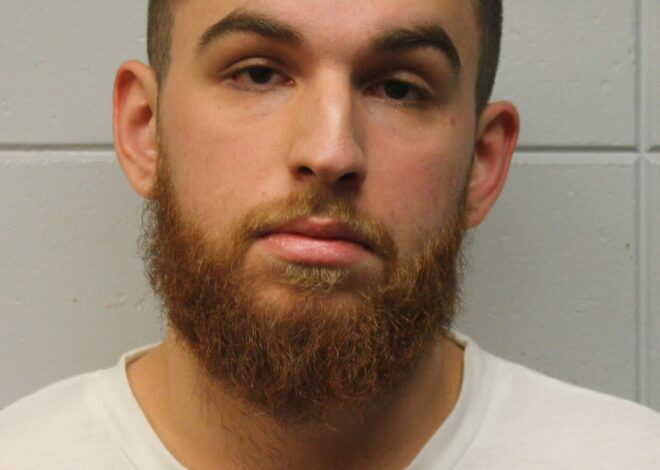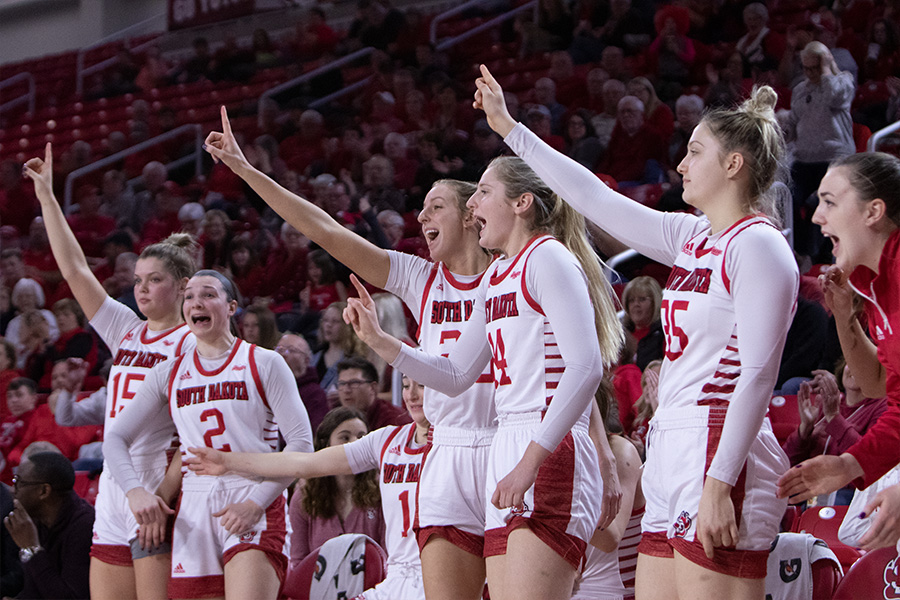Trial Begins Of Man Accused Of Harassing Indian Kids
RAPID CITY, S.D. (AP) — Native Americans and activists packed into a high school theater doubling as a courtroom on Wednesday in part to protest what they view as lenient treatment of a South Dakota man accused of harassing American Indian children with racial slurs and spilling beer on them at a hockey game.
Protesters have criticized the state court’s handling of the case against 41-year-old Trace O’Connell and have said it highlights racial issues that persist in the city and in South Dakota’s justice system. O’Connell has pleaded not guilty to a disorderly conduct charge in Rapid City, the second-largest metropolitan area in South Dakota after Sioux Falls. The charge stems from the incident at a Rapid City Rush game in January.
Authorities say in a court complaint that O’Connell sprayed beer and used racially-charged language near a group of minors and adults at the ice arena in the Rushmore Plaza Civic Center in Rapid City. The group was from American Horse School on the Pine Ridge Indian Reservation.
More than 100 Native Americans and others gathered for the trial at Rapid City High School, where the judge had it moved to accommodate an expected large turnout. A group of protesters stood outside of the high school shortly before the trial began as more than 20 people marched up the street waving flags and chanting, “Stop the hate!” Native Americans are the largest minority group in South Dakota at nine percent of the population.
Activists have protested the leniency of O’Connell’s disorderly conduct charge under city code. The judge’s decision to remove the possibility of jail time as a penalty also spurred anger from activists. Without jail time the maximum penalty is a fine of up to $500.
Cody Hall, co-founder of Last Real Indians, an independent media and activist group, called the decision “a slap in the face.”
O’Connell’s attorney, Mike Butler of Sioux Falls, said the evidence in the bench trial will show that O’Connell didn’t make threats of violence or abuse anyone at the game. O’Connell has admitted to police that he spilled beer while watching the game from a private suite, but a fellow attendee during testimony characterized the beer spraying as a celebratory gesture and not racially motivated.
“I’m as far away from being a racist as possible,” said Brit Miller, who attended the game with O’Connell and said he never observed racial taunting. “It would not have been acceptable.”
Butler said after the trial’s first day ended that O’Connell is in Rapid City, but didn’t attend the proceedings.
Keith Janis, a member of the Oglala Sioux Tribe from Kyle, South Dakota, said he came to the trial to hopefully witness justice for the children.
Janis, 56, said he doesn’t think the beer spraying was accidental, and he said he hopes the judge isn’t from Rapid City. Otherwise, Janis said, “He’s going to side with the defendant.”
“There’s a double standard of justice here in South Dakota. Everybody who’s Lakota knows that,” Janis said.
A small group of protesters in March demanded an apology from O’Connell and the city of Philip, South Dakota, where he lives. The organizers of the annual Lakota Nation Invitational basketball tournament also considered pulling the event from Rapid City after the incident, but decided in March to remain. The event draws thousands of people each year and pumps millions of dollars into the city’s economy.
Hall also mentioned the fatal police shooting of Allen Locke in Rapid City in December, 2014, which was ultimately deemed justified, as another incident fueling racial tension in Rapid City. Locke was a tribal member.
The shooting happened about 24 hours after an anti-police brutality march, organized by American Indian Movement Grassroots, was held in Rapid City. The march was organized to draw attention to the often-strained relationship between Native Americans and law enforcement.
Hall said it’s critical to show support for the children involved in the alleged harassment incident.
“This isn’t the last … racial incident that will happen here in Rapid City,” he said.


